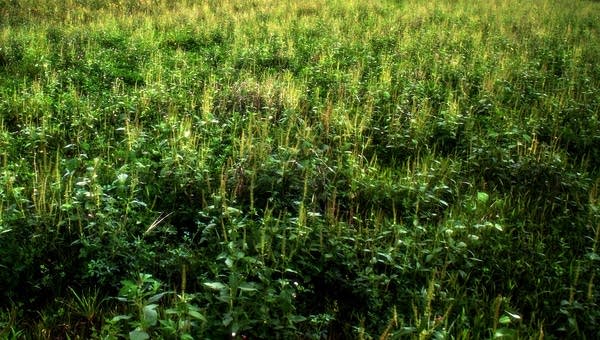Climate change drives longer, more intense pollen seasons

A patch of ragweed at a construction site.
Paw Paw / Jim Larson / Creative Commons via Flickr
Go Deeper.
Create an account or log in to save stories.
Like this?
Thanks for liking this story! We have added it to a list of your favorite stories.


